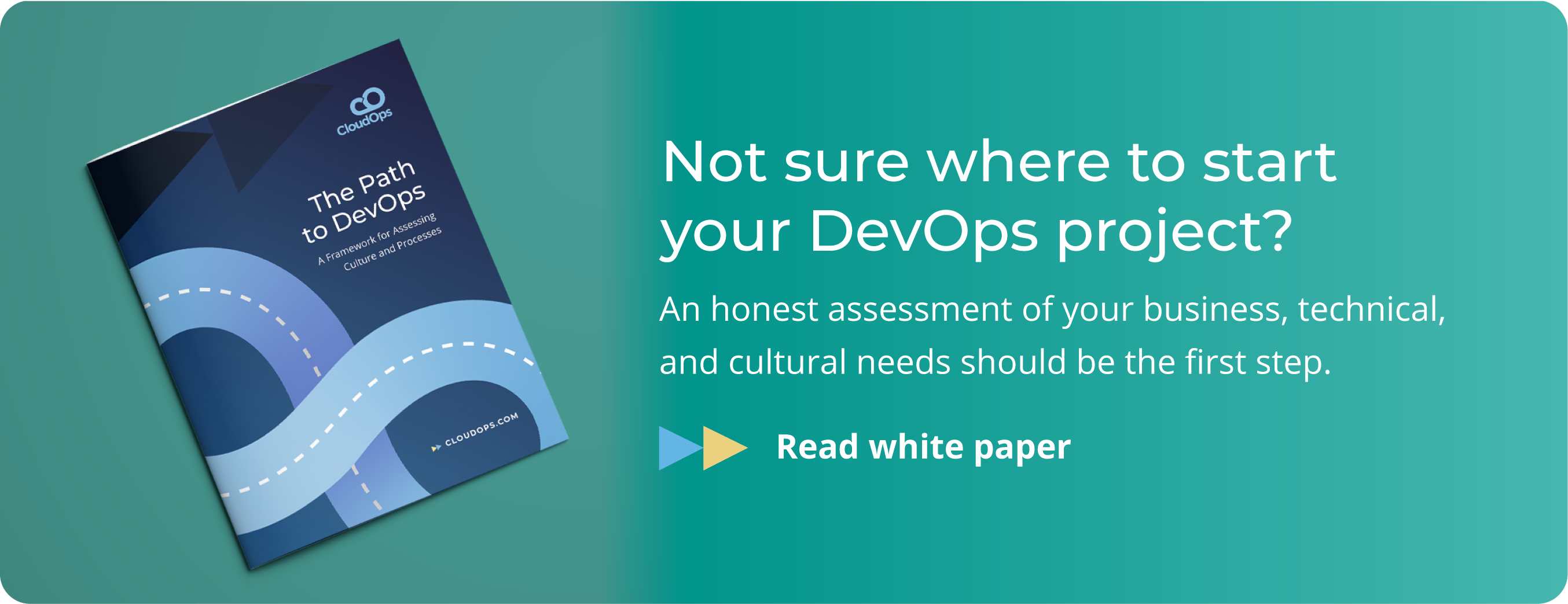Cloud Native Gaming: What Google Stadia has to offer

Gamers and developers alike are finally getting a glimpse of the not-too-distant future of cloud gaming
It didn’t seem that long ago that we were touting our undying allegiance to a particular console. “I am a Nintendo kid, get N or get out,” I remember some of my friends exclaiming, “Nintendo is for kids,” Xbox and Playstation devouts would say. And then, of course, there were those of us whose devotion to hardware meant that we meticulously scoured online benchmark tests in the quest to build the perfect gaming PC. In some ways, our very identities as gamers were defined by this decision.
It was all for naught, because in about 5 years, our chosen hardware was made obsolete by the new generation of games and consoles. Every year, games required more CPU power, more memory, larger hard drives and better graphics cards. It was a never ending battle and our wallets paid dearly.
Last week, Google announced Stadia at the 2019 Game Developers Conference in San Francisco, a completely cloud native service that allows you to play a game, on any device, any time, without having to download it. The seemingly futuristic notion of cross-platform game play is now truly a reality. You aren’t relegated to gaming exile amongst your friends because you ended up on the losing side of the console war. “The future of gaming is not a box,” they proclaimed, “it’s a place.”
During Google’s presentation, you watched as a player switched seamlessly between a Chromebook, a TV, his mobile phone and even the “least powerful pc” they could find. Controller, keyboard and touch screens were all compatible. In fact, the only piece of hardware revealed was a wifi controller that promised to reduce latency by connecting directly to the cloud. But again, you don’t have to use their gamepad – Stadia is truly platform agnostic.
Google isn’t the first player in the cloud game. Xbox promised a similar service back in 2018 and Playstation Now is a subscription-based streaming service that hasn’t really taken off due to a lack of available titles in their library. We all remember the hope and promise of the OnLive microconsole back in 2008. But its poor market positioning and latency issues led to its ultimate failure. “If we have learned anything at all over the past few years,” stated Leah Jewer, host of the Girls on Games podcast, “it’s the content that drives gamers.” The tech giant is taking steps in the right direction to ensure that game devs will want to work on their platform. The move to team up with Epic’s Unreal Engine, Unity and Havok, all popular development tools, signals that Google is cognizant of the fact that it’s just as important to get the devs onboard as the end-users.
Gaming distribution has seen some major milestones in the last decades. The advent of Steam, a digital distribution platform by Valve Corporation, forever changed the way we purchased games, which was traditionally at brick and mortar stores. But now, you will even do away with the long wait times of downloading games on Steam. Similar to the music and film industry, streaming is starting to look like the new de facto model. Ultimately, we are hoping this will lead to a much lower entry barrier for games in terms of cost and optimization.
The Stadia also showcased very interesting features like Crowd Share and Stream Connect, which allowed the integration of a more interactive streaming experience. With the huge popularity of Twitch and other live-streaming services, game devs need to start thinking about spectator participation early in the development stage. Montreal-based indie game developer, Scavengers Studio, is a prime example of how a game can leverage streaming services to create more engaging user experiences. Their Battle Royale game, Darwin Project, is a competitive multiplayer third person survival shooter that bridges the gap between content creators and their viewers. Stream-specific features allow viewers to dictate the actual gameplay by allowing them to bet on inmates and choose the targets of Powers. “The most interesting conversation to come out of the Stadia announcement,” says their community developer Sam Quino, “is the ability to finally create a substantial asymmetrical game and allowing it to be broadcast in a creative way.” We live in a generation where games are a spectator sport and creating an intuitive co-op gaming experience is a huge technological hurdle for battle royale games such as Darwin Project. Stadia is potentially offering a way to capture the incredibly complex multiplayer system of the game in unique instances.
A cloud native approach to games is a compelling strategy in today’s market. The recent popularity of massively multiplayer gaming experiences has created a need for providing robust, reliable and scalable compute platform. Google stands to be the breakaway candidate in this race because it boasts a competitive number of data centers and edge node availabilities. We are already seeing the successful implementation of cloud native technologies in the development cycle of multiplayer games such as EA’s Apex Legends, which launched with huge success earlier in 2019 -10 million concurrent users by its second day, with virtually no down-time- due largely to the fact that it was leveraging a cloud solution with Google Compute Engine. Server instability and day-long connection queues can make or break a game at launch, immersion-breaking network performance issues are the thing of nightmares for playability. Cloud native practices will hopefully make this a thing of the past.
2019 is poised for more big announcements. Microsoft, Nvidia, Apple, and even Walmart are all rumoured to be announcing some sort of cloud native streaming service this year. We will just have to wait and see who comes out with the best games and who is most able to create an automated, scalable, and resilient cloud platform.
Come join us at Cloud Native Day on June 11th in Montreal to meet fellow developers and learn more about how to use cloud platforms to build great applications. The event will be for both beginners and those wishing to delve deeper into cloud native technologies. Reach out to me at ctrang@cloudops.com if you have any questions or would like to submit an idea for a talk.

Carol Trang
Carol Trang is a community manager at CloudOps and organizer of the Eastern Canadian Kubernetes and Cloud Native Meetups. She is a co-host for the Good Game Geeks Podcast and lead organizer of the Montreal Community Meetup Powered by Twitch.

